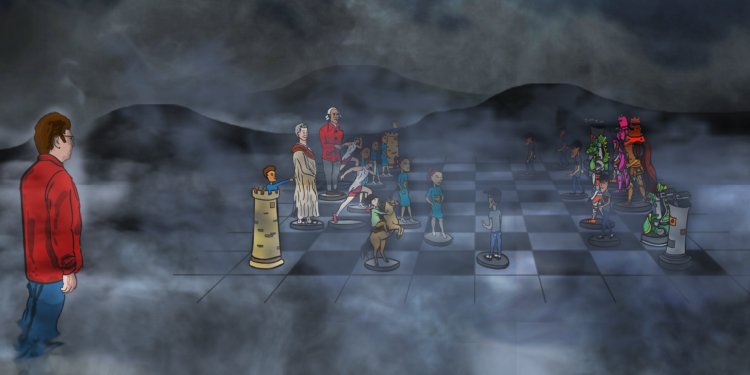Artificial Intelligence (AI) has been a subject of fascination and concern for years. While some people see AI as a tool that can improve our lives, others worry about the potential risks associated with this technology. According to a recent survey conducted at the Yale CEO Summit, 42% of CEOs believe that AI has the potential to destroy humanity within the next five to ten years.
The survey included responses from leaders of 119 companies, including Walmart, Coca-Cola, Zoom, and Xerox. While 58% of CEOs said they were “not worried” about the potential risks of AI, the findings highlight the need for greater awareness of the risks and opportunities linked to AI, and for society to take steps to guard against the dangers of AI.
The concerns raised by the CEOs are not new. Elon Musk, the CEO of Tesla and SpaceX, has been sounding the alarm about the dangers of AI for years. In 2015, he called AI “our biggest existential threat,” and in 2017, he warned that AI could lead to a third world war. Other prominent figures, including Stephen Hawking and Bill Gates, have also expressed concerns about the potential risks of AI.
Related Articles: AI’s Threat to Humanity Rivals Pandemics and Nuclear War, Industry Leaders Warn | Artificial Intelligence: How Worried Should We Be? | Who Is Liable if AI Violates Your Human Rights?
While AI has the potential to revolutionise many industries, including healthcare, transportation, and finance, it also poses significant risks. One of the biggest risks is that AI could become too intelligent and outsmart humans, leading to unintended consequences. For example, if an AI system is designed to optimise a certain outcome, it may find a way to achieve that outcome that is harmful to humans.
Another risk is that AI could be used for malicious purposes, such as cyberattacks or the creation of autonomous weapons. As AI becomes more sophisticated, it may become harder to control, leading to unintended consequences that could threaten our safety and security.
To address these risks, experts have called for greater regulation and oversight of AI. They have also called for more research into the potential risks and opportunities of AI, and for the development of ethical guidelines for the use of AI. While AI has the potential to transform our world, it is important to approach this technology with caution, and to take steps to ensure that it is developed and used in a responsible and safe manner.
Editor’s Note: The opinions expressed here by the authors are their own, not those of Impakter.com — In the Featured Photo: Chess Game of Humanity with Artificial Intelligence. Featured Photo Credit: Wikimedia Commons.









